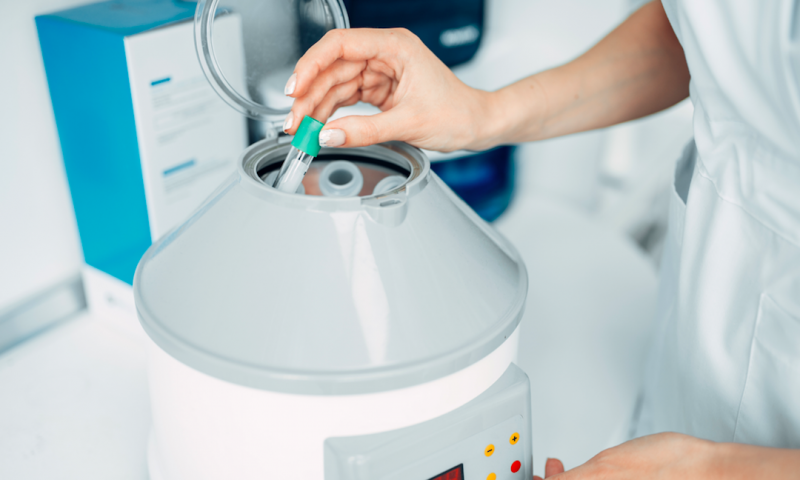Revance Therapeutics Inc. (RVNC) had a rough trading day for Wednesday December 04 as shares tumbled 17.57%, or a loss of $-3.54 per share, to close at $16.61. After opening the day at $17.01, shares of Revance Therapeutics Inc. traded as high as $17.22 and as low as $16.45. Volume was 5.59 million shares over 29,429 trades, against an average daily volume of n/a shares and a total float of 45.11 million.
As a result of the decline, Revance Therapeutics Inc. now has a market cap of $749.25 million. In the last year, shares of Revance Therapeutics Inc. have traded between a range of $24.99 and $9.88, and its 50-day SMA is currently $n/a and 200-day SMA is $n/a.
Revance Therapeutics Inc is a clinical-stage biotechnology company. It is focused on the development, manufacturing, and commercialization of novel botulinum toxin products for multiple aesthetic and therapeutic indications. The company’s proprietary peptide technology enables delivery of botulinum toxin type A through two investigational drug product candidates, DaxibotulinumtoxinA for Injection (RT002), or RT002 injectable, and DaxibotulinumtoxinA Topical Gel (RT001), or RT001 topical. The company is pursuing clinical development for RT002 injectable in a broad spectrum of aesthetic and therapeutic indications. It holds rights for all indications of RT002 injectable and RT001 topical, and the pharmaceutical uses of its proprietary peptide technology.
Revance Therapeutics Inc. is based out of Newark, CA and has some 170 employees. Its CEO is Mark J. Foley.
Revance Therapeutics Inc. is a component of the Russell 2000. The Russell 2000 is one of the leading indices tracking small-cap companies in the United States. It’s maintained by Russell Investments, an industry leader in creating and maintaining indices, and consists of the smallest 2000 stocks from the broader Russell 3000 index.
Russell’s indices differ from traditional indices like the Dow Jones Industrial Average (DJIA) or S&P 500, whose members are selected by committee, because they base membership entirely on an objective, rules based methodology. The 3,000 largest companies by market cap make up the Russell 3000, with the 2,000 smaller companies making up the Russell 2000. It’s a simple approach that gives a broad, unbiased look at the small-cap market as a whole.

